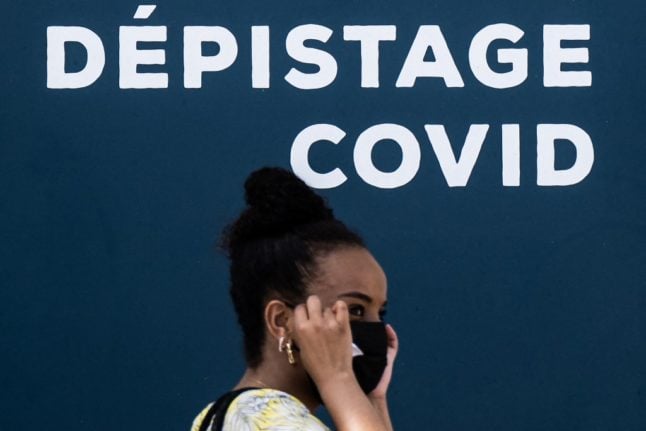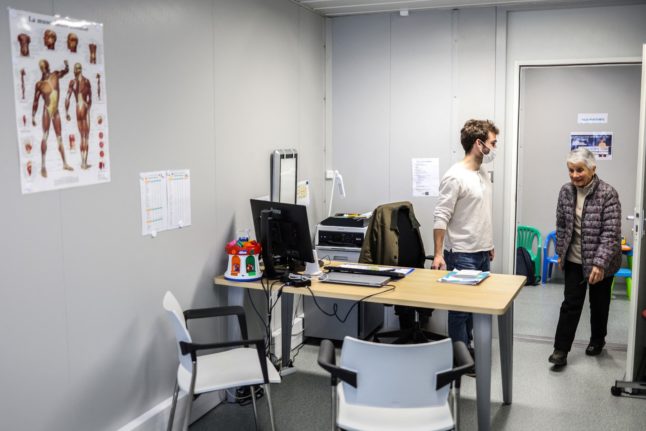Immunologist Brigitte Autran, president of new government health advisory body the Comité de veille et d’anticipation des risques sanitaires (Committee to monitor and anticipate health risks) which has replaced the Conseil scientifique, told Le Parisien that “the Covid epidemic is not behind us” and said that the French would have to get used to “living with” the virus.
The Covidtracker website currently shows that the virus is in decline across France, with the R-rate currently at 0.7 – any figure lower than one indicates that the number of infections is falling.
Autran, whose appointment as head of the new body was confirmed on Wednesday, said that the most likely scenario was for a “new epidemic peak in the autumn”, when people return to work after the summer holidays.
“Will it be due to a new variant or the return of cold weather?” she said. “We are not soothsayers, but it is almost certain that there will be a wave.”
“Today, we must go towards living with it,” she added, reintroducing the French to an expression previously used by President Emmanuel Macron and several ministers.
“This does not mean accepting the deaths or the severity of the disease,” she went on, pointing to the fact that health authorities in France still have “levers to activate” to fight the virus.
Despite the fact that nearly 80 percent (79.6 percent) of people over the age of 12 are fully vaccinated against the virus, she said that, “unfortunately there are still too many people who have not been vaccinated or revaccinated.”
And she said the new body would work with the government to improve the public’s access to drugs, such as Paxlovid, and vaccines.
Vaccination is still open to anyone who has not yet had their shots, while a second booster shot is on offer to certain groups including over 60s, pregnant women, those with health conditions or people who are in close contact with vulnerable people.
EXPLAINED Who qualifies for a second Covid vaccine booster shot in France?
The French government in August voted to end to State of Emergency that allowed it to impose measures like travel bans and lockdowns, although further restrictions could be put in place if cases rise again and parliament agrees.



 Please whitelist us to continue reading.
Please whitelist us to continue reading.
Member comments